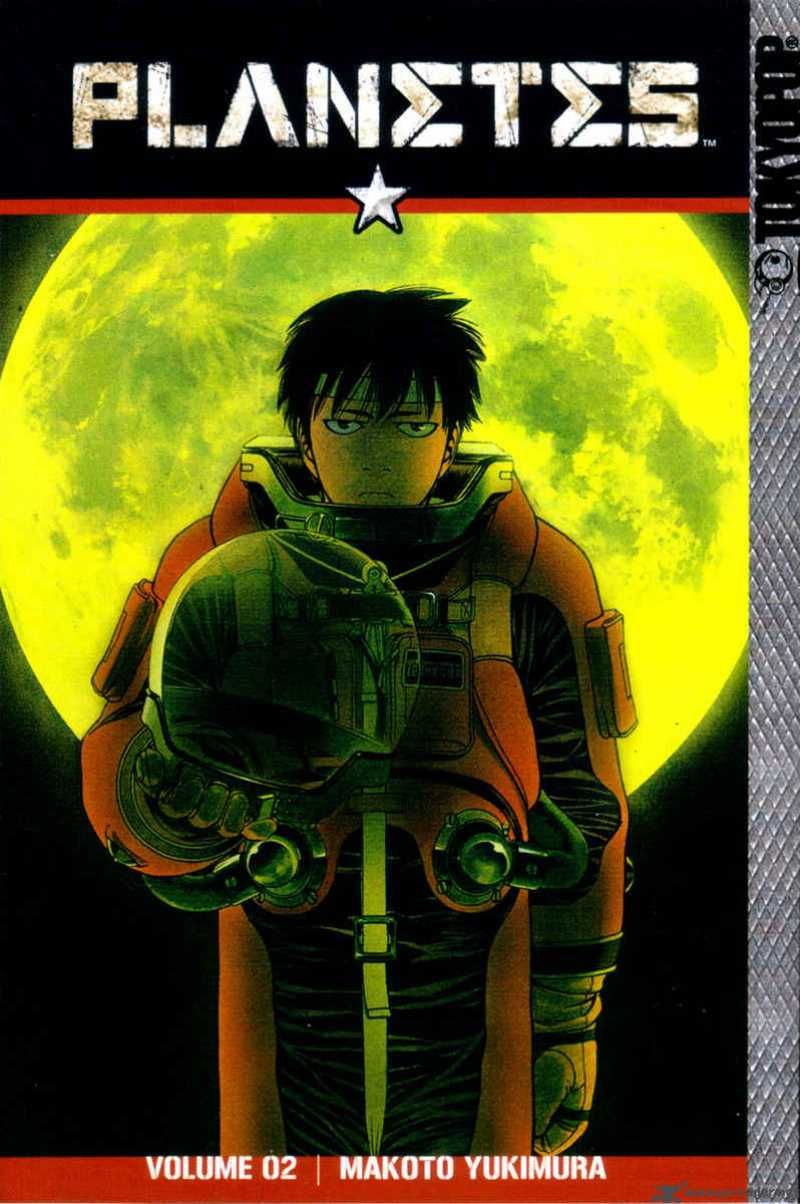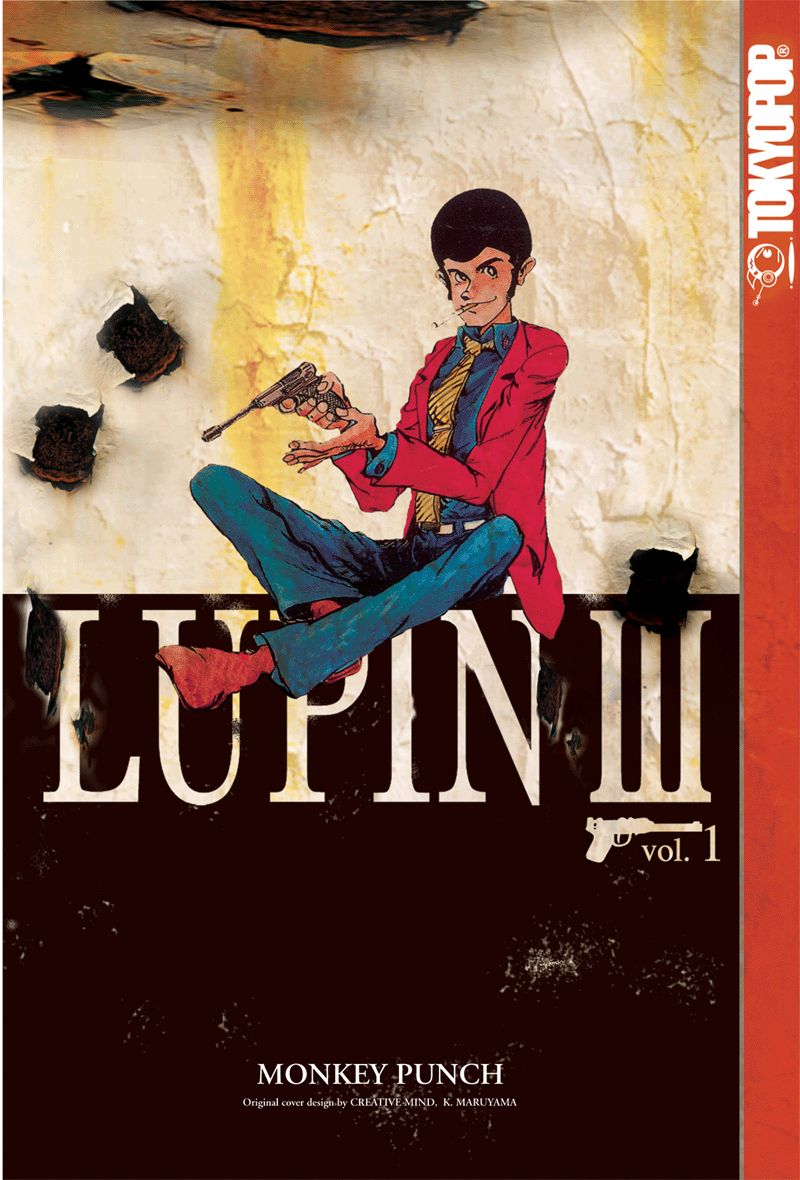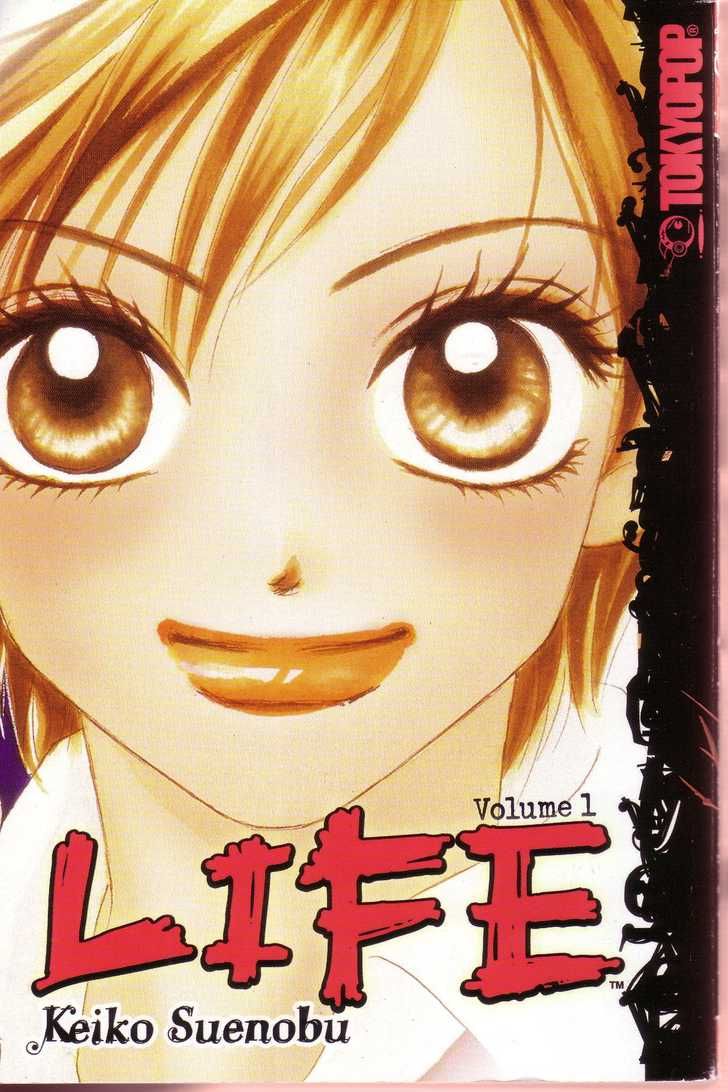The announcement last week that Tokyopop has closed its publishing division (at least in North America) has led to a lot of thoughtful critiques about the company's legacy, both good and bad.
Less discussed is their vast array manga publications and the aesthetic qualities that may or may not lie therein. Having offered a memorial of sorts to the Mome anthology last week, it seemed only fitting to do something similar for the house that Sailor Moon built today.
But first an apology/explanation of sorts. The honest truth is I came a bit late to the manga revolution and didn't immerse myself much in Tokyopop's oeuvre, not because of a dislike towards shojo or manga in general as much as a general feeling that most of their offerings were heavily contrived and derivative, whether aimed at a male audience or a female one.
Also, my budget being what it is, there were plenty of titles I missed that I probably would have included on this list had I had the resources to track them down, like Aria and Happy Mania. Consider this more of a starting point for an ongoing conversation then, and feel free in the comments section me know what an idiot I am and what books I missed.
So taking all that into consideration, here are the six titles that I feel justified Tokyopop's existence:
1) Planetes by Makoto Yukimura. While I'm not the biggest sci-fi geek in the world, I do have a fierce appreciation for hard science fiction, especially when it's done as well as it is in Planetes, a manga about an outer space garbageman of sorts who dreams of owning his own ship and attempts to join a crew making a historic trip to Jupiter. Yet as well thought out as the science stuff is, it's ultimately the characters and their conflicted emotions as they try to juggle their love for family and friends with their driven need to explore the solar system that makes Planetes such a exemplary and moving work.
2) Lupin III by Monkey Punch. Monkey Punch's super suave thief, a much-beloved character over in Japan, is probably best known on these shores as the main character in the Hayao Miyazaki film Castle of Cagliostro. The source material, however, is much sillier -- in a good way -- than the movie would suggest. His rough-hewn line (think of it as Mort Drucker by way of Osuma Tezuka), quite unique compared to other manga-ka it seems, refuses to keep it's tongue out of cheek resulting in one of the most gloriously slapstick-y comics I've read in a long time.
3) Dragon Head by Minetaro Mochizuki. Anyone who's read my meager writings over the years probably knows that I'm a big fan of horror manga by the likes of Kazuo Umezu and Junji Ito. Throw Mochizuki's apocalyptic 10-volume tale on the "fave" pile as well. Beginning with an absolutely terrifying train wreck, the series maintains a deep sense of tension and claustrophobia as the three survivors attempt to figure out what happened and how to get out of the enormous underground tunnel they're trapped in. The series deteriorated a bit in scares once they made it to the outside world, but those first few volumes are some of the best horror comics around.
4) The Abandoned by Ross Campbell. Unfortunately I still haven't gotten around to reading Becky Cloonan's East Coast Rising or Brandon Graham's King City (shameful I know), so let's let Campbell's great zombie comic with the zaftig women stand in for all the solid North American cartoonists TP introduced readers to during their big OEL push. There was a lot of dross among those titles, but books like The Abandoned made the experiment worthwhile.
5) Life by Keiko Suenobu. I haven't read the later volumes of this shojo series that takes a hard look at teen self-mutilation, bullying and suicide, but I remain impressed with the first volume, which dealt with such touch issues with grace and and sensitivity and, perhaps most important of all, without ever once coming off like a maudlin TV-movie of the week melodrama.
6) Welcome to the NHK by Tatsuhiko Takimoto and Kendi Oiwa. Despite (or perhaps because) of my own nerdish, socially awkward personality, I'm all for making vicious fun of nerdy, socially awkward people, especially when they exhibit distasteful attitudes towards women. Which goes a long way towards explaining why I so enjoyed NHK, a rather savage at times satire about an unemployed shut-in whose life starts to change when he meets a young woman who takes a curious interest in him. Basically, anything that makes fun of the whole "moe" movement is going to be tops in my book.




